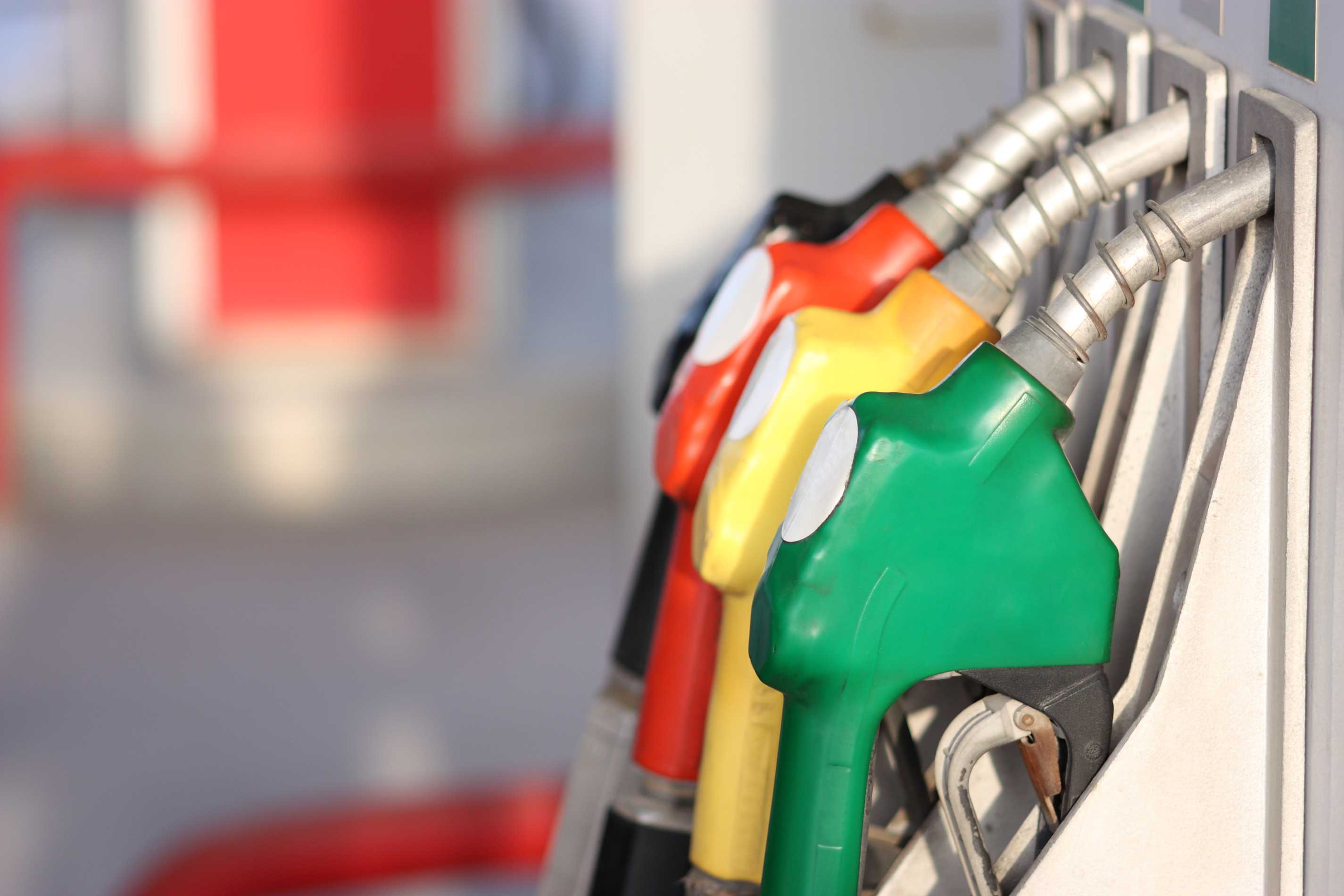Inflation slows as petrol prices fall
Inflation drops to 1.7%, but shoppers have been warned food prices could go up
25th March 2020 13:04
by Stephen Little from interactive investor
Inflation drops to 1.7%, but shoppers have been warned food prices could go up

Inflation slowed last month following a drop in fuel and video game prices, according to the Office for National Statistics (ONS).
The Consumer Prices Index (CPI) 12-month rate was 1.7% in February, down from 1.8% in January.
The CPI shows the change in prices of a typical basket of goods in the UK.
The ONS’s alternative measure, called CPIH, which includes housing costs, also dropped from 1.8% to 1.7% in February.
The statistics authority says that falling fuel and computer game prices helped to push inflation down.
Petrol prices fell by 2.4p per litre between January and February. Diesel prices fell by 3.2p during the same period.
However, the figures were collected on 18 February, before the full impact of the coronavirus hit the UK.
Economists expect inflation to fall even further in the coming months because of the pandemic.
Samuel Tombs, chief UK economist at Pantheon Macroeconomics, says: “Looking ahead, CPI inflation looks set to decline sharply over the coming months and to fall comfortably below 1% in the summer.”
He says the cap on energy bills and the closure of non-essential shops, restaurants, and recreational venues will stop prices rising.
“Prices in these sectors will remain frozen at their pre-virus levels for as long as the Government’s shutdown lasts,” he adds.
But some experts think inflation could rise in the coming months due to stockpiling and disruption to supply chains as a result of the coronavirus, before falling again.
Ruth Gregory, senior UK economist at Capital Economics, says that households stockpiling could lead to food prices rising, but still expects inflation to fall to 1% in the middle of the year.
Inflation-beating accounts
Earlier this month the Bank of England cut its base rate to a record low of 0.1% to help reduce the economic shock to businesses of the coronavirus pandemic.
But the cut is bad news for savers, who have seen savings rates eroded in recent years.
When the base rate falls, high street banks often pass this on to customers with cheaper loans.
But while a drop in interest rates is often good news for borrowers, the opposite is true for savers. With many savings rates below the rate of inflation, you could effectively be losing money with many deals.
There are currently no easy access or notice accounts that beat inflation at 1.7%, according to data from Moneyfacts.
To mitigate the damaging effects of inflation it is important for savers to choose the highest-paying account, so where should you put your money?
Data from Moneyfacts also reveals that there are only 36 fixed rate bonds which can now match or beat inflation. Within that, 26 fixed bonds pay more than 1.7%.
One of the highest paying bonds is from Gatehouse Bank at 2%. This five-year bond requires a £1,000 deposit and can be opened online. This is a sharia-compliant account and offers an Expected Profit Rate (EPR) rather than interest. Savers would need to be comfortable locking in to the five-year term and take the chance that inflation would not rise above 2% in the period.
EPR is a unique concept to Islamic finance deals, and is not technically guaranteed. However, no EPR deal in Britain has ever failed to pay its advertised rate to savers.
The shortest bond term that will still beat inflation is three years, and the best deals at this length are a 1.8% deal from either United Trust Bank or Investec.
Eleanor Williams, financial expert at Moneyfacts, says: “There may be a balance to be struck if savers are looking for a new deal at the moment.
“Fixed rate accounts could be a better option to secure the highest available returns, but savers need to be confident they are happy to lock their money away for a period of time. One option could be for savers to not put all of their eggs into one basket.”
She says that while easy access accounts pay low rates they have the advantage of giving flexible access to savers' cash.
“Things are changing rapidly at the moment, and those wanting to secure a deal would do well to act quickly before an account is withdrawn,” she adds.
This article was originally published in our sister magazine Moneywise, which ceased publication in August 2020.
These articles are provided for information purposes only. Occasionally, an opinion about whether to buy or sell a specific investment may be provided by third parties. The content is not intended to be a personal recommendation to buy or sell any financial instrument or product, or to adopt any investment strategy as it is not provided based on an assessment of your investing knowledge and experience, your financial situation or your investment objectives. The value of your investments, and the income derived from them, may go down as well as up. You may not get back all the money that you invest. The investments referred to in this article may not be suitable for all investors, and if in doubt, an investor should seek advice from a qualified investment adviser.
Full performance can be found on the company or index summary page on the interactive investor website. Simply click on the company's or index name highlighted in the article.